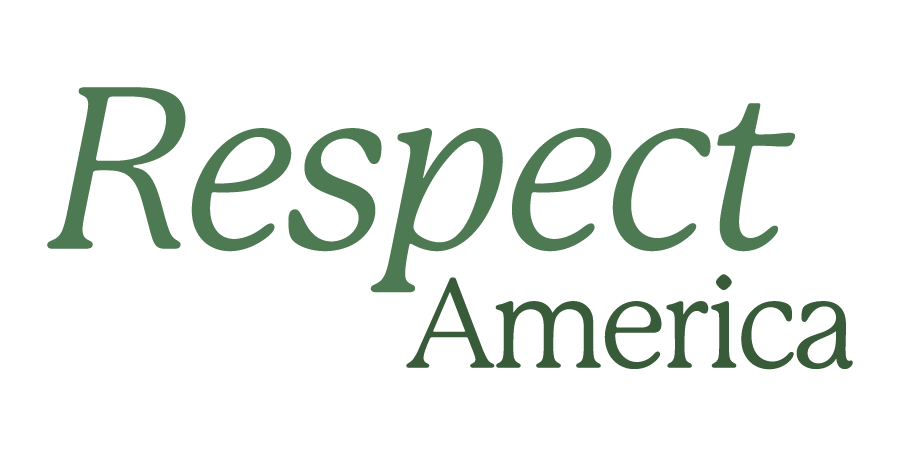One mom’s fight against medical kidnapping
By: Conner Drigotas
Sitting in the waiting room at Children’s Mercy Hospital in Kansas City with her husband, Sarah Goble was terrified. This October 2, 2024, trip to see a doctor was the second hospital they had visited, and no one had yet been able to explain why her two month old son had been refusing food and had spit up “brick red” on his onesie.
“We were waiting for the results of the CT when three or four people came into the room. They said ‘we've got some really hard news to tell you.’” Sarah recalls, “And my husband and I thought they were about to tell us that our son had cancer or some incurable disease, so it was terrifying. But then they said; ‘we found multiple fractures in your son's body, and we've had to hotline for child abuse.’”
The doctor explained that they were “mandated reporters,” meaning that they are required by law to involve the state Department of Children and Families (DCF) and police when abuse is believed to be a possibility.
In short, the doctors were explaining that their hands were tied. Sarah was about to become part of a coercive system that, little did she know, has been erroneously seizing children and splintering families across the country. The first step, doctors told Sarah, was admitting her baby to the hospital to begin collecting more information.
“I just said, of course. We were like, do whatever you need to do,” Sarah explains, “What I didn't know then, and I know now, is they admit children at that point because they have to start case building. And I think it becomes more about building a case than it does about figuring out what's wrong with the child.”
Initially, Sarah says she tried to partner with the doctors, sharing her own medical history and seeing if they have ruled out various autoimmune disorders.
“A doctor laughed in my face and said, ‘That's not necessary,’ literally laughed in my face.” She says, “They weren't even willing to do any kind of research into what else could be an underlying condition. They made up their mind that there are fractures in this child and that he has [been] abuse[d].”
Is that the treatment you should expect from someone you are paying to take care of your child?
Over the next few days, police officers and DCF officials questioned Sarah, her husband, and Sarah’s nine year old daughter. In short order Sarah’s husband was “kicked out” of the hospital and Sarah says doctors made “snide remarks” that the only reason she was allowed to stay with her son is because she was a breastfeeding mom.
Then on Sunday, October 6, the DCF official assigned to their case provided two updates: First, Sarah would need to provide a list of homes where her children could live while DCF agents started sorting through the allegations. Second, she was told that court proceedings would start less than 36 hours later - on Tuesday - leaving her and her husband just one day to find and retain an attorney to represent them.
“I know I'm stupid, and I've gotten a lot of comments about how dumb it was that I didn't have a lawyer at this point, but I didn't know. I've never been in trouble. And so we rushed all of Monday,” she says, “At the end of the day on Monday, we found a lawyer. We met him an hour before we went to court on Tuesday.”
Sarah and her family had officially been forced into an unjust system by the very people they hoped could help in their time of need.
Passing Judgement
“It was the worst day of my entire life,” Sarah recalls, “Within 30 minutes of getting to court, they said both of these children are in danger, and they put them in foster care.”
In some ways, Sarah was lucky in how foster care unfolded. Unlike Matthew Hernandez and others who have been legally barred from seeing their spouse and children while allegations of abuse are being sorted out, Sarah’s kids went into a series of friends' homes before landing back in their own house, where they were watched over by their grandmother.
“Finally, after the third home they were moved through that didn't work out, they let my mom take over as caretaker.” Sarah says, “And we were allowed to be there as long as we were supervised. So my husband and I were there all day, every day, except for the evenings when we had to leave.”
While Sarah and her husband were able to maintain close contact with their young children, a curious development unfolded in court. On April 8, 2024, DCF officials and the DA expressed they were no longer interested in pursuing the case, but the judge wouldn’t dismiss the matter.
“They could not find any signs that my husband or I abused our child. There's nothing there. [The DA said,] ‘We don't want to take this any further. We want to close informally.’”
Sarah says justice has been harder to achieve because of how strongly worded the doctor's abuse report was, and also mentioned how the judge, being an elected official, could pay a steep personal price for letting an alleged abuser walk free. “[The report] makes it sound like my son was in a full body cast in a hospital room, fighting for his life. It sounds terrible the way it was written. However, we have a second opinion now that say most of those fractures that they claimed do not even exist, that it's bone growth on the x-ray that they read wrong.”
The result of this logjam has been a holding pattern that has now lasted eight months. “DCF is still holding custody of our children hostage. So, they're with us. They're our responsibility. We're paying all the bills again, but [someone else] hold[s] custody of my children.”
Sarah believes DA and DCF officials didn't pursue her case both because they couldn't prove allegations of abuse, and because of her work to publicize her experience via TikTok, which is how she came into contact with Respect America. “I've had a very active social media. I've had a very active Go Fund Me, both of which point to glaring holes in what they've done," she says, “I do think they know a lawsuit is coming.”
To her more than 12,000 followers and growing, Sarah has shared regular updates about her family's experience under a simple bio: “In 2024 my children were medically kidnapped. This is our story.”
Money in medicine
“I don't think I'll ever be able to go back to a hospital, ever, comfortably.” Sarah explained in a mid-June 2025 interview.
It’s not just because of her one bad experience. Sarah believes there is an incentive problem that starts in the hospitals and winds its way throughout the justice system.
“Every time the hospital team flags child abuse it opens up their ability to bill a federally funded grant that pays for all of the work they're doing.” She explains, “This grant also pays for their training of DCF. It pays for their training of the judges. When you have an incentive for a hospital to find abuse, it's going to be taken advantage of.”
With so many incentives to disrespect the Goble family, it's no wonder the case is not yet resolved.
While doctors and state officials can make big money when child abuse is claimed, the financial toll on Sarah and her family has put them in a hole. “I'm below water here in paying my legal bills… So it's been a lot of added stress, and I haven't had a moment to breathe. Between work and legal, there's no choice.”
As she looks forward to regaining full custody of her children from state officials, she is also planning next steps and hoping to use lawsuits and public awareness to drive change.
“When you have a lot of money attached to decisions like this, it easily clouds the judgment of everyone involved. I feel like they should be nervous and think again before doing this to families. I want to make this a legal case that sets a precedent moving forward that this can't keep happening to families. That is my goal.”


